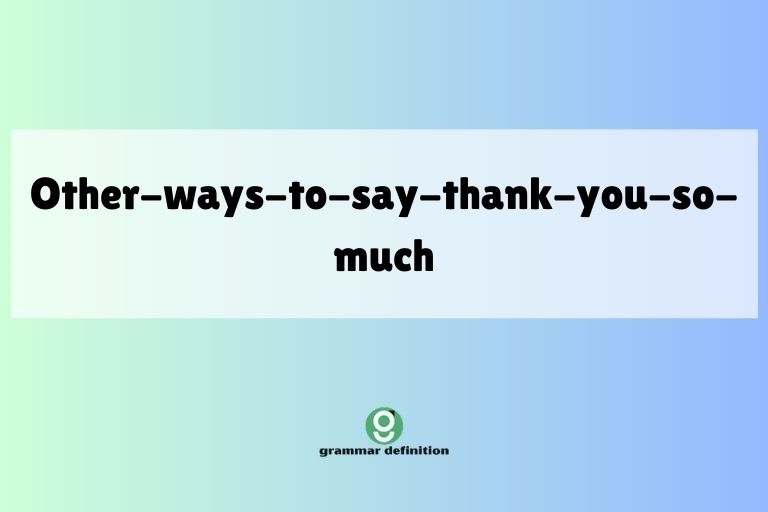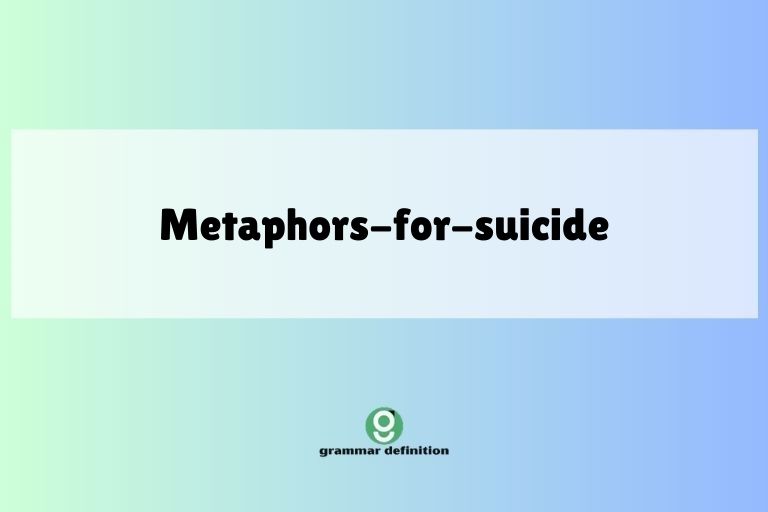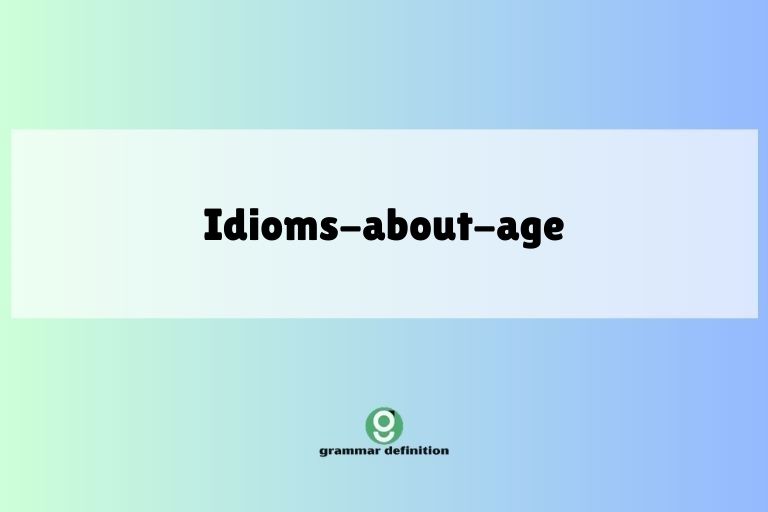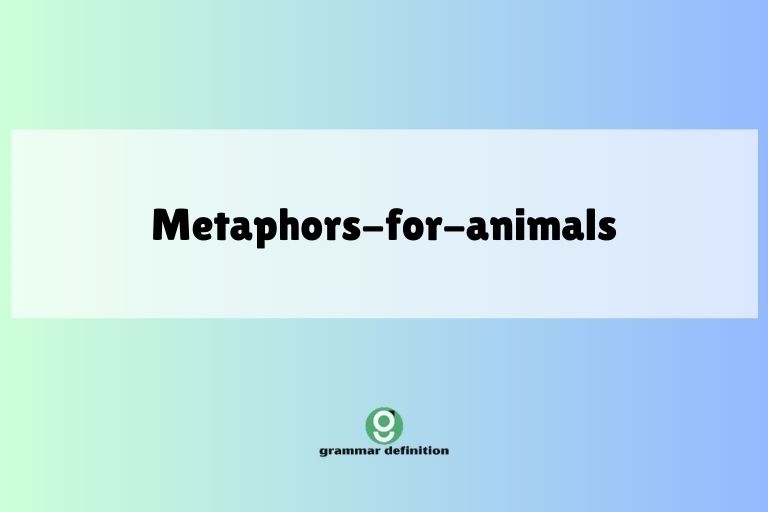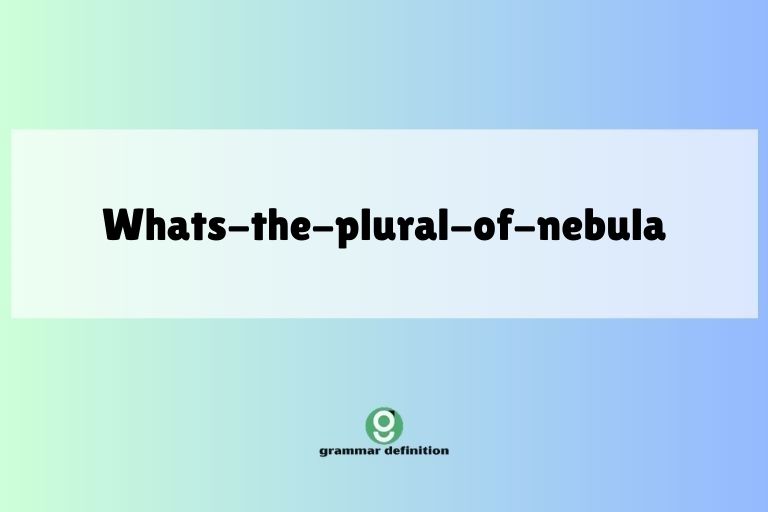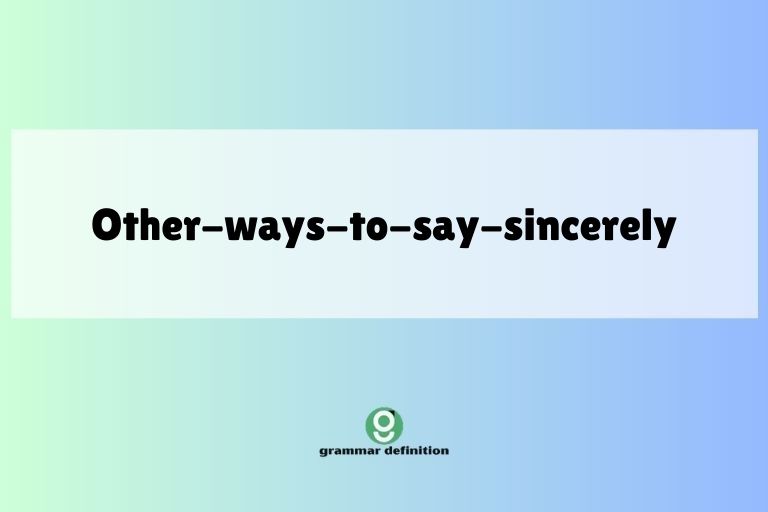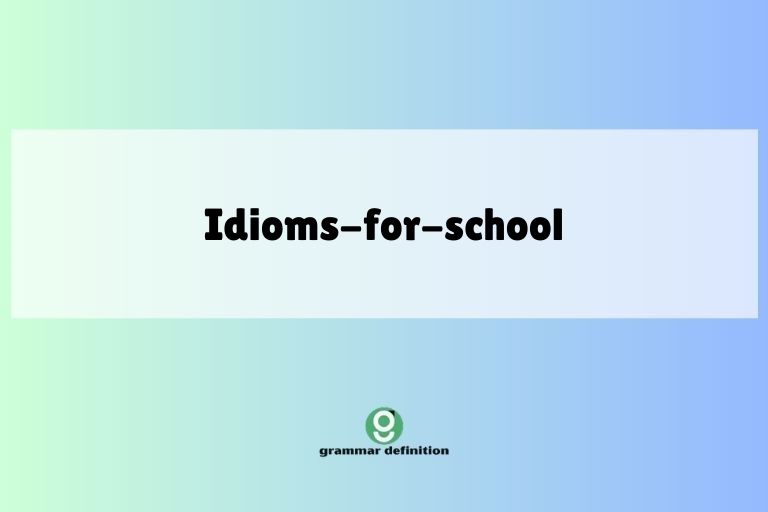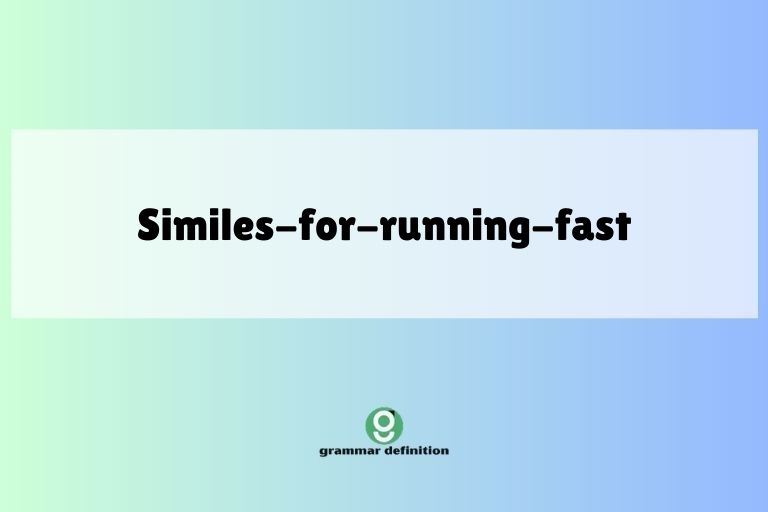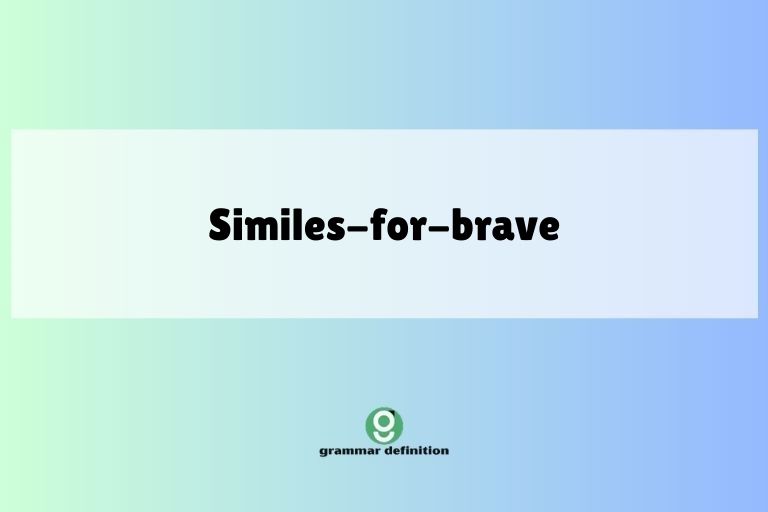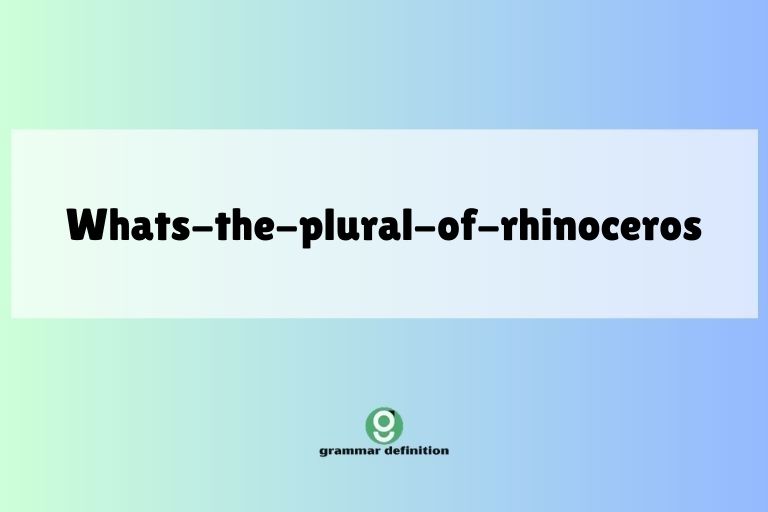Beyond ‘Thank You So Much’: Expressing Gratitude
Expressing gratitude is a fundamental aspect of human interaction, fostering positive relationships and demonstrating respect. While “thank you so much” is a common and perfectly acceptable phrase, expanding your repertoire of expressions can add nuance, sincerity, and sophistication to your communication. This article explores a variety of alternative ways to convey thanks, suitable for different … Read more

